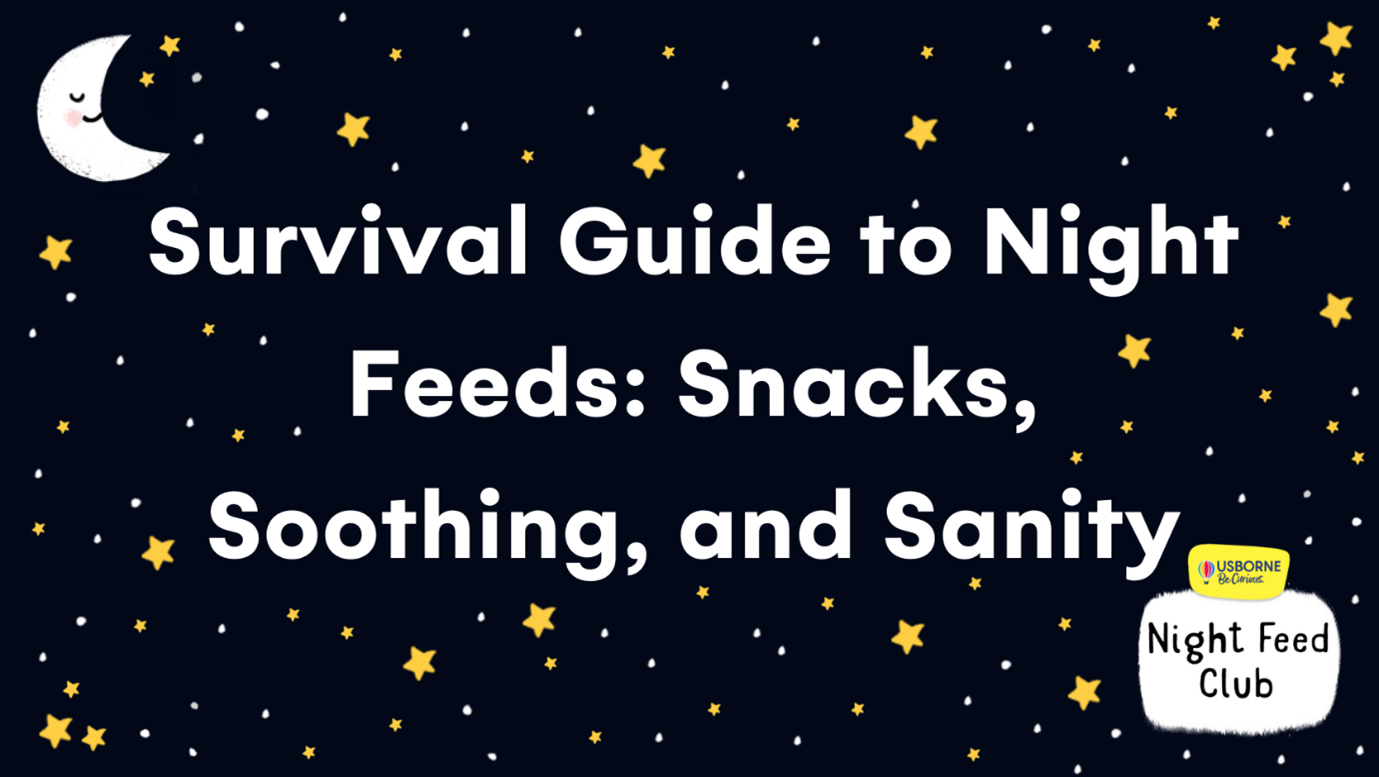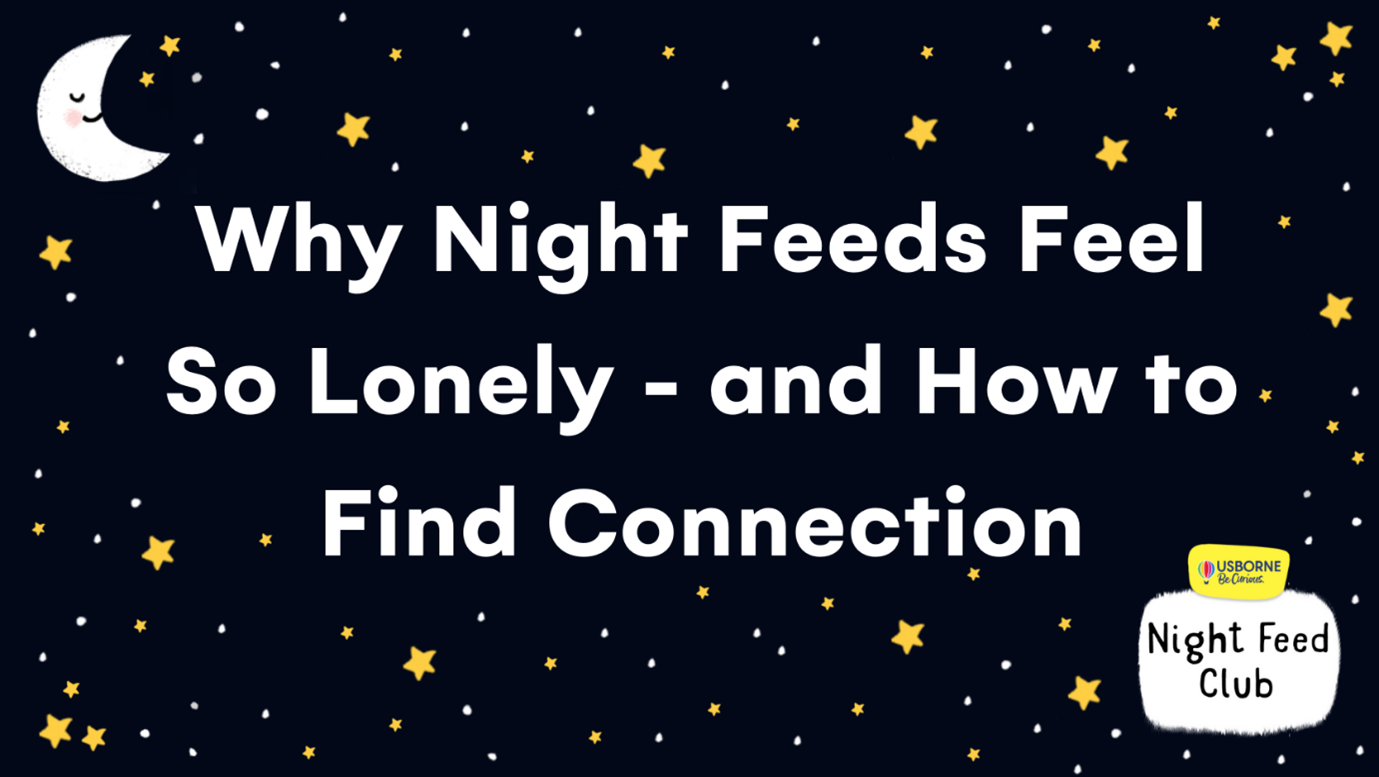- Tips and expert advice
How books can help children understand their feelings
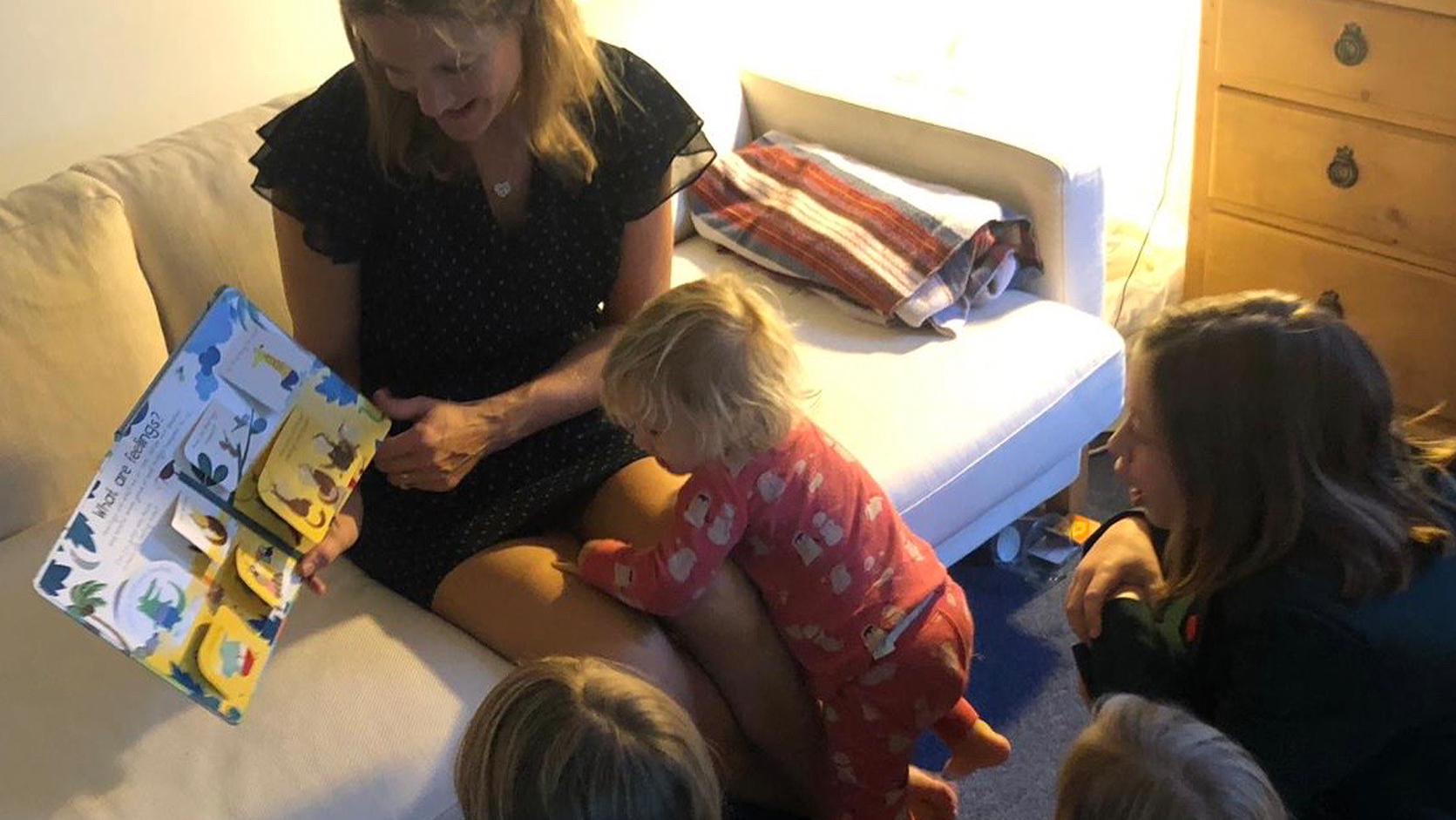
Dr Sasha Lillie Lyons, clinical psychologist and expert consultant for Usborne's What are Feelings? book, explains how the universality of emotions portrayed in books can show a child that whatever they’re feeling, they’re not alone.
We know that books are a great way for children to learn about the world around them, to inspire their imaginations, and hopefully to create a life-long love of reading. I was a passionate bookworm as a child (still am) and now as a parent I’m delighted that my children love reading, too.
But books can also be a fantastic tool for helping children to understand more about themselves, including their feelings. Learning to describe, express and manage their emotions – even from a young age – is an essential part of children’s social and emotional development.
Young children may not always understand exactly what they’re feeling and why. Their emotions can be confusing and feel overwhelming at times. Through reading about the characters in a book like What are Feelings?, children can develop the ability to describe what they’re feeling, learn that it‘s okay to feel big feelings, and that it’s okay to talk about them. They also start to explore different ways they might cope with more difficult emotions.
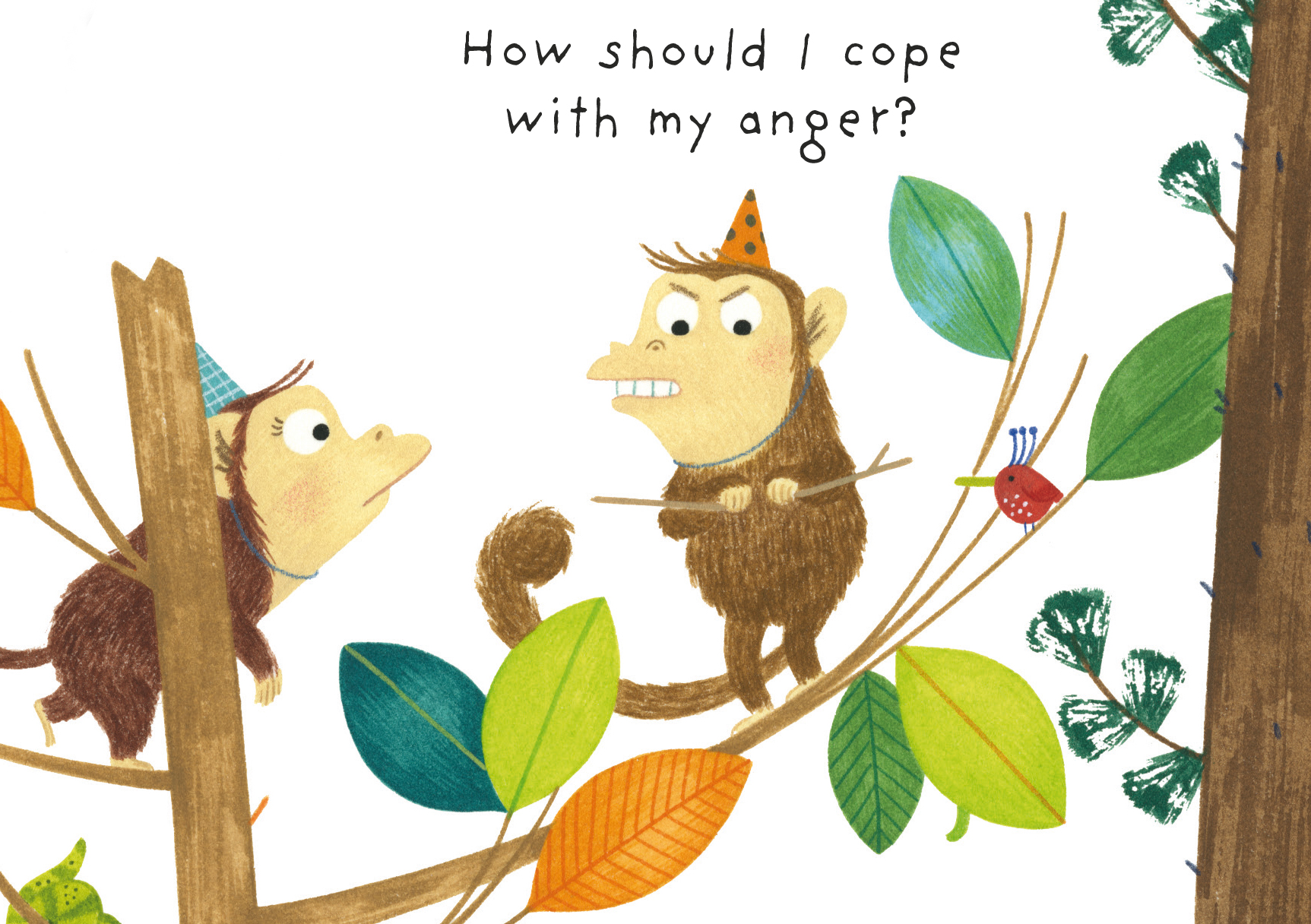
Illustration from What are feelings?
Feelings can be difficult to talk about, particularly more painful ones like sadness, fear and anger. For children (and adults!) who find it hard to share their feelings, reading about the emotions of book characters can be a more comfortable way to approach the subject. It’s often easier to explore more difficult feelings when children are feeling calm, settled and safe – snuggling together during bedtime stories is an ideal place for this!
Feelings are something universal that we all experience, whatever our culture, background, ethnicity or religion. Children can learn this through reading a wide variety of books, which may show different characters in very different situations experiencing similar feelings – such as the animal friends in What are Feelings? A sad rhino who needs a hug or a scared raccoon wanting their teddy will be instantly relatable to young children. The universality of emotions portrayed in books shows a child that whatever they’re feeling, they’re not alone, and this can be enormously comforting.
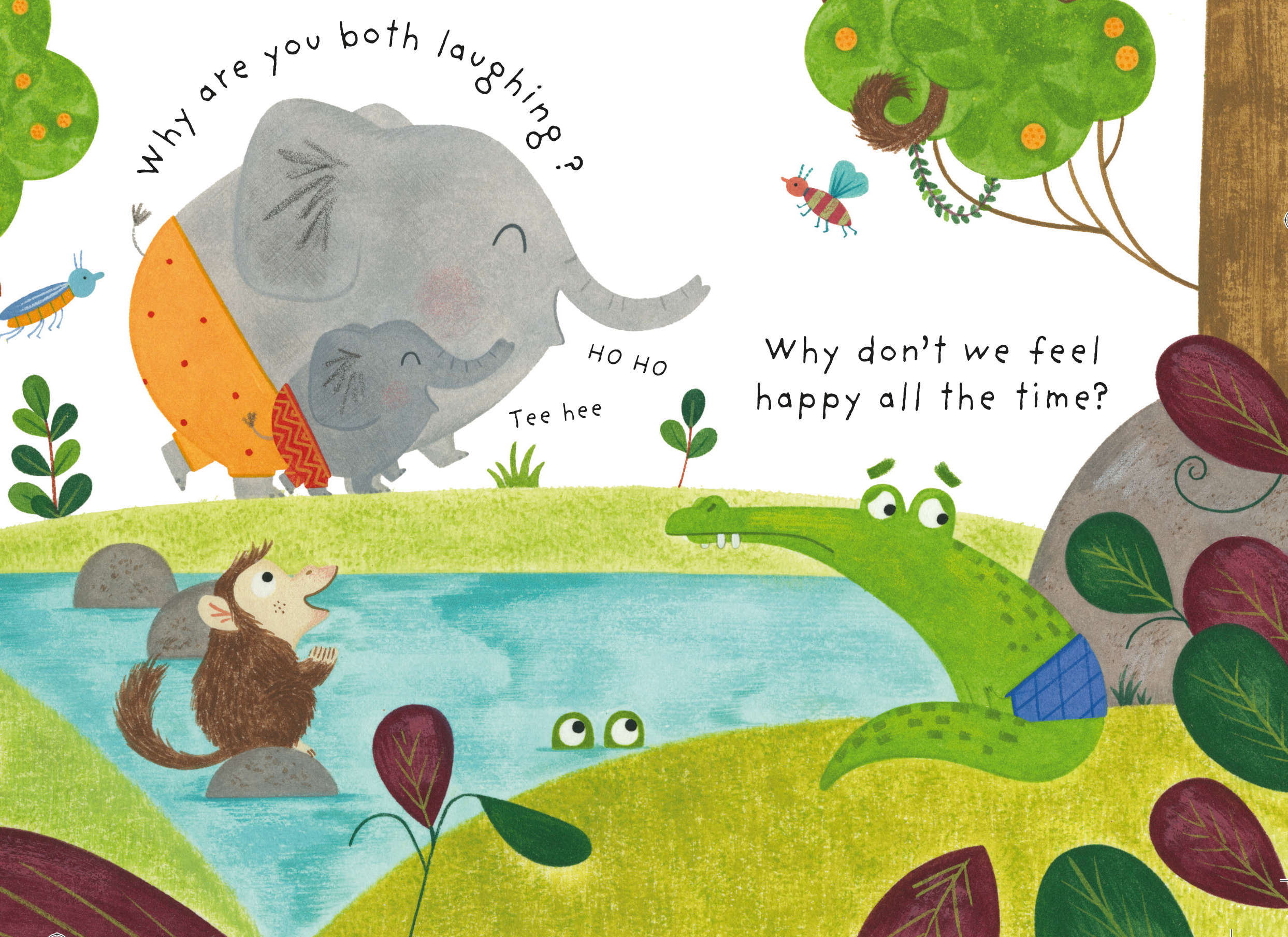
Illustration from What are Feelings?
Picture books are a great way to show even very young children what feelings look like. A worried expression on Crocodile or a grumpy face on Monkey can help children learn to recognise emotions in others and provide a great way for parents to start conversations about feelings: “Wow, he looks really angry in that picture, doesn’t he? What do you think made him feel angry?... What makes you feel angry?... That’s interesting, I know sometimes I feel a bit angry when..." (It can be helpful for parents to get a bit of practice in talking about their own feelings!)
Books are also a great way for parents to connect with older children around feelings. It’s easy to ask an older child more factual questions about a book they’re reading: “What’s the book about?” or “What happens next?” Try asking follow-up questions about the characters’ emotional lives: “That sounds like a really tough situation for X - what do you think she was feeling?... How did she show that she was feeling sad?... What do you think would have helped her to feel better?... How would you have felt if that happened?”
Once they start to understand more about their feelings, it’s helpful for children to learn different ways of coping with difficult feelings, too. We know that drawing and writing can be great tools for this – children might like to try The Usborne Book of Drawing, Doodling and Colouring or My First Story Writing Book. Others may prefer to spend time in nature and in the garden or keep busy with their hands. Children and parents could come up with a list of “feel good” books together that help to lift the spirits and build resilience through life’s inevitable ups and downs.
Dr Sasha Lillie Lyons is a clinical psychologist with over 10 years’ experience working in NHS CAMHS (Child and Adolescent Mental Health Services). She was the expert consultant for Usborne’s book What are Feelings? and is currently working with Usborne on a young children’s book on death.

